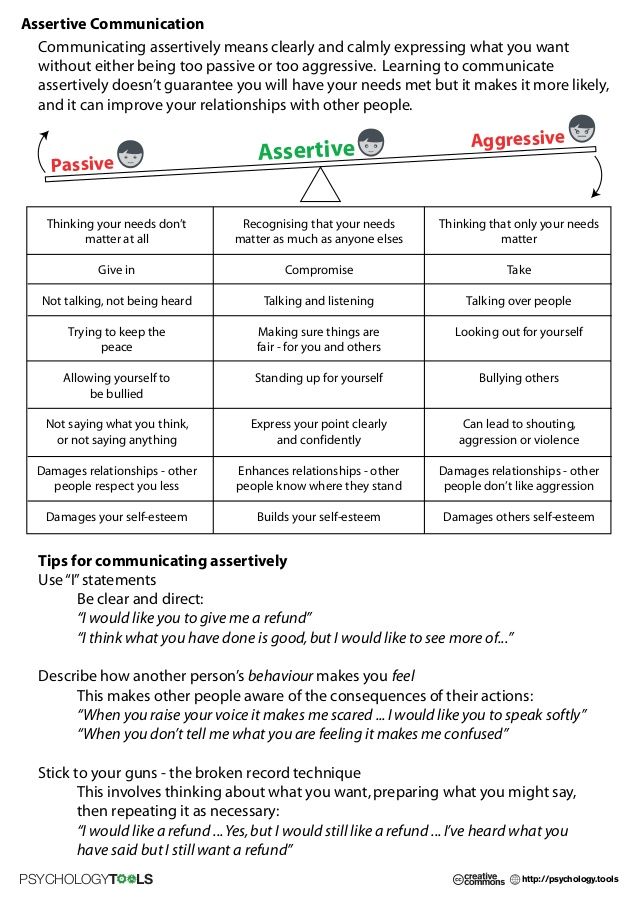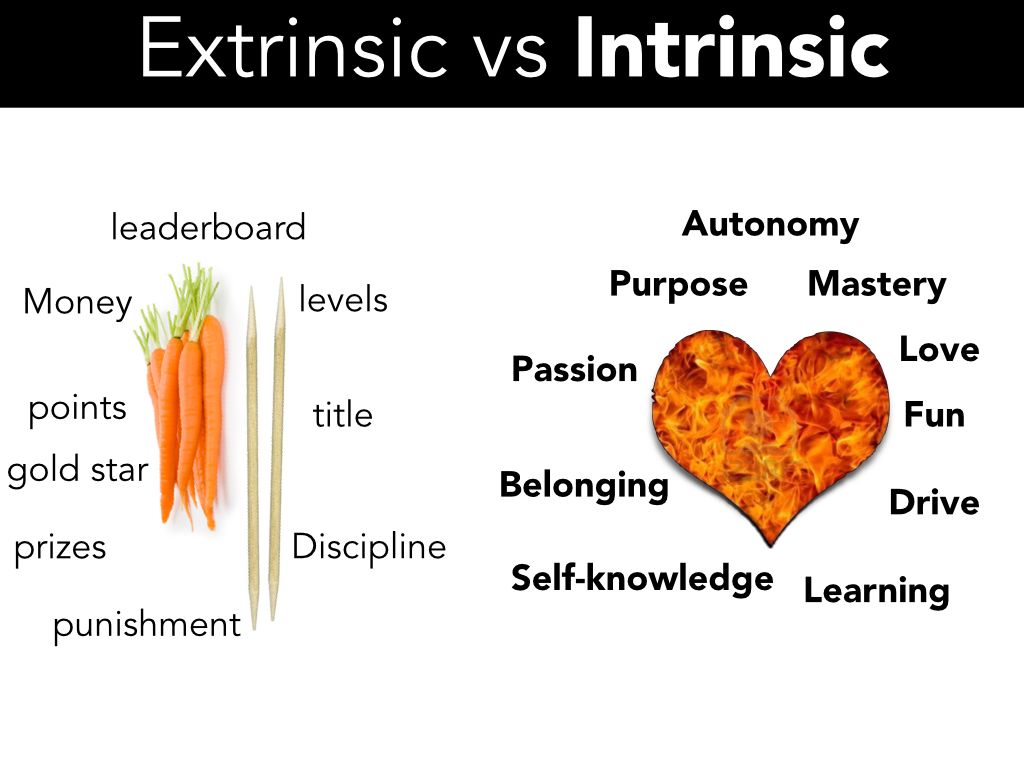Introverted child at school
Understanding an Introverted Child — School Supply Boxes
When you have a quiet son or daughter, you might wonder if there may be something wrong with them. They keep to themselves, never really interact with their peers, and their teachers tell you they keep to themselves in class. While it might be concerning, more than likely your child is just behaving like a classic introvert.
Introverts make up between 25% and 40% of the population. An introverted personality is often marked by a shy, quiet personality. However, introverts aren’t always shy. Sometimes, introverts simply prefer to be to themselves and with their own thoughts. Just like all people, every introvert is different even though they might share common traits.
But for an extroverted parent, having an introverted child can be a challenge. It might be difficult for you to understand why they simply aren’t more outgoing than you, why they rather watch people do things than participate in activities themselves, and why they’re talking your ear off one moment and quiet the next.
Introverts can be incredibly complex people, but raising an introvert doesn’t have to be difficult.
Tips to Understand Your Introverted Child
There are millions of introverts in the world and many of them have gone on to be successful members of society such as Bill Gates, Warren Buffett, J.K Rowling, and Mother Teresa to name a few. Many actors and performers are also introverts even if one might consider a public profession like those to be better suited for an extrovert.
Try as you might, your son or daughter will always be introverted. While they may become better at handling social situations and having less anxiety when meeting new people, they’ll likely grow up to be functioning introverts.
Don’t try to force your introverted child to become an extrovert. Let them experience situations as they happen and offer positive encouragement for them to try something new.
Let them experience situations as they happen and offer positive encouragement for them to try something new.
Unlike their extroverted counterparts, introverts much prefer silence and solitude. An introvert will often enjoy staying home and reading, playing video games, or enjoying a hobby they can do on their own.
But, just because they prefer being alone in their free time does not mean that all introverts avoid people like the plague. In fact, introverts often have close friends whom they’re comfortable with or have known for a long time. Most introverts are not averse to social interaction. They just simply prefer to spend time on their own with their own thoughts.
Having friends and a social circle for an introvert can be mentally and emotionally draining.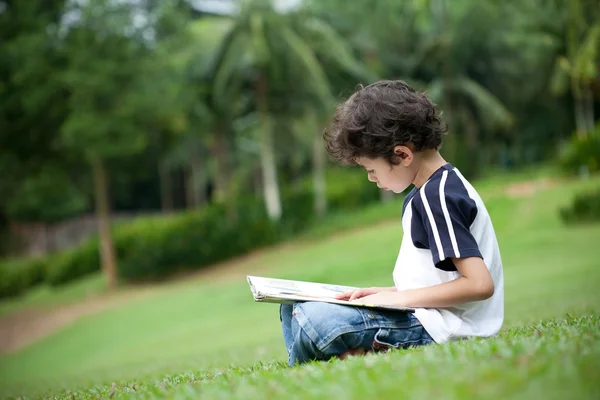 Extroverts tend to gain energy when they’re around a group of people, while extroverts are the complete opposite. Being social requires them to use up mental energy to keep up with all of the interactions around them. It’s for this reason that introverts will likely keep small groups of close friends, will avoid large parties, and will often be the first to leave simply because they can’t take anymore social interactions.
Extroverts tend to gain energy when they’re around a group of people, while extroverts are the complete opposite. Being social requires them to use up mental energy to keep up with all of the interactions around them. It’s for this reason that introverts will likely keep small groups of close friends, will avoid large parties, and will often be the first to leave simply because they can’t take anymore social interactions.
But it doesn’t mean that introverts will likely avoid all forms of social interactions or will hate going to a big party. It simply means they will likely be mentally drained afterwards and will likely become reclusive for a period of time while they decompress and compute everything that has happened.
However, it’s never a good idea to force an introvert into a major social engagement. They simply cannot cope with dealing with so many people at a time and will likely become defensive and reclusive. Instead, encourage your child to take part in smaller groups or work one on one with a partner so they get used to socializing.
Because of their lack of social interaction, younger introverts may find it incredibly difficult to form friendships. The thought of making a new friend or talking to strangers can be an anxiety inducing dilemma that causes them to avoid it altogether. When your introverted child does make a friend or you see them interacting more, make sure to give them praise because for them, it's a massive step in dealing with something that makes them uncomfortable.
Don’t be surprised if your introverted child doesn’t talk to you about their problems. Introverts often don’t know how to handle confrontation or deal with problems effectively. Make sure to ask questions when you sense something might be wrong with your child, but never turn the conversation into an interrogation.
For an introvert, a new experience can be frightening and a bit nerve wracking, which is perfectly normal for them. Your introvert will likely spend a lot of time watching an activity before they actually warm up to trying it themselves. Let them spend time near you where they know it’s safe until they’re comfortable enough to try out whatever new activity you’ve shown them.
It might also be beneficial to explain to your young introvert what will happen at social events or gatherings and what kinds of things they can expect. This will help them be prepared for when they’re finally in the environment.
When the gentle nudge in the direction of a social gathering finally works with your introvert and they enjoy themselves, offer them praise for doing something they thought they might not enjoy. Saying something like, “Great job! I hope you met some nice people.” Introverts tend to think long and hard before deciding if a certain situation is right for them. They risk using up most of their mental energy putting themselves out there whereas most people wouldn’t think twice and that’s why it’s a massive step when they decide to do something they normally wouldn’t attempt.
Saying something like, “Great job! I hope you met some nice people.” Introverts tend to think long and hard before deciding if a certain situation is right for them. They risk using up most of their mental energy putting themselves out there whereas most people wouldn’t think twice and that’s why it’s a massive step when they decide to do something they normally wouldn’t attempt.
But don’t be surprised if after they try something new if they take a few mental holidays by being alone. Once again, it’s all about absorbing little bits and then processing things privately.
No matter if it’s video games, athletics, chess team, academics, or practically any other hobby, if your introvert enjoys it, they’ll do it to the best of their ability. For an introvert, consider an intense interest or hobby like a safety blanket. It’s something familiar they love and can always turn when they need to feel comfortable.
While sports might not be for every introvert, engaining in the Scouts might be something they find enjoyable. The bonus aspect of these types of interests is that they give your son or daughter the chance to build friendships and have social interactions. Once the people involved in those interests become familiar to them, talking and making friends becomes much easier.
Talk to Your Child’s Teacher about their Introversion
Just because your child is quiet, doesn’t mean they’re not paying attention in class. Oftentimes, introverts are incredibly intelligent because they spend more time listening than talking. They may be uncomfortable being part of classroom discussions and definitely wouldn’t want to be called up in front of the class to give a speech, but introverts often make great students.
Make sure to speak to your child’s teacher often to see how they’re doing and if there are areas where they might need help. Because introverts internalize their problems and won’t usually ask for help, teachers and parents might not know they’re struggling. Keeping an open dialog with your child and with their teacher can help solve these types of issues before the situation becomes more stressful than it needs to be.
Keeping an open dialog with your child and with their teacher can help solve these types of issues before the situation becomes more stressful than it needs to be.
Learning More About Introversion
Extroverted parents might find the habits of an introverted child considerably different from their own. The best way to learn more about your child’s introversion is to read more about what introverts are like in general. You’ll quickly discover that quiet doesn’t necessarily mean shy and introversion doesn’t always mean anti-social.
Here are a couple of well known books on introversion that might help you make a better connection with your child or teen:
- The Hidden Gifts of the Introverted Child: Helping Your Child Thrive in an Extroverted World - Marti Olsen Laney
- Quiet: The Power of Introverts in a World that Can’t Stop Talking - Susan Cain
5 Ways to Help Your Introverted Child at School – Learn at Cornerstone
As a parent, one of our ultimate goals is to raise a happy and well-rounded child. We do everything we can to shape our little ones to become responsible and successful adults. But what if your little one is an introvert? How do you go about helping an introverted child at school? Part of being a good parent is embracing your child’s quirks and uniqueness. It’s important to understand what it means to be introverted as to know how to better support your child’s needs.
We do everything we can to shape our little ones to become responsible and successful adults. But what if your little one is an introvert? How do you go about helping an introverted child at school? Part of being a good parent is embracing your child’s quirks and uniqueness. It’s important to understand what it means to be introverted as to know how to better support your child’s needs.
Being an introvert and being shy isn’t the same thing. Introversion is a personality trait. Introverts are happy with having just a few friends not because they’re not comfortable with being part of a larger crowd. They just have their own friendship preferences. And even if they are very self-reliant, they are still capable of building strong and meaningful relationships. Instead of trying to change their personality, we have compiled a few ideas to support your introverted child at school.
Understand that nothing’s wrong with being an introvert
Having an introverted child doesn’t mean there’s something to be worried about, nor is there something to be ashamed of. A significant chunk of the country’s population consists of introverts. Just because your child isn’t as outgoing as other kids, doesn’t mean they’re unusual. It’s normal to want them to have a lot of friends. However, this may not be their preference. It is important that they not feel something is wrong with them.
A significant chunk of the country’s population consists of introverts. Just because your child isn’t as outgoing as other kids, doesn’t mean they’re unusual. It’s normal to want them to have a lot of friends. However, this may not be their preference. It is important that they not feel something is wrong with them.
Slowly introduce them to new people and situations
Because an introvert usually prefers to be alone or be with a small group, they tend to get anxious when surrounded by big groups, especially at school. In order to help your child adjust to the typical classroom setting, go through the process of introducing new people, slowly. Don’t expect them to jump right in and make friends right away with other children. Help set their expectations and let them know what usually happens in a class. Then, make it a point to arrive at their school early. This will give them ample time to get comfortable in the space as other kids start coming in. Let them choose where to sit and stay at a comfortable distance where you can quietly observe. It also helps to introduce them to their teacher and a few classmates.
It also helps to introduce them to their teacher and a few classmates.
Encourage them to develop a few friendships
Even introverts are capable of building meaningful relationships, so encourage your child to develop at least one or two friendships while they’re young. Help boost their social skills by practicing at home through imaginative play. Let them use toys like dolls or stuffed animals to roleplay conversations with playmates. Compliment them when they exhibit appropriate behaviors. Then, ask them if they want a few cam naar cam friends over for a playdate.
Are you tired of delivering the same old lectures on the same subjects year after year? Are you using the same lesson materials over and over and wishing you could make learning in your classroom more interactive?
While lectures and lessons can be informative and even “edutaining” when delivered with passion and good materials by knowledgeable experts visit billigaste mobilabonnemang, sadly many traditional lectures and lessons are boring, and even worse often ineffective.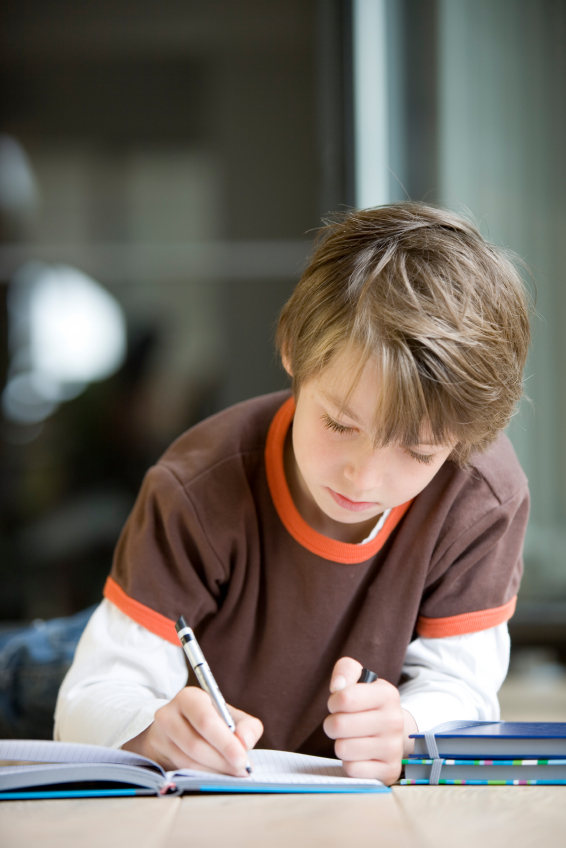 The good news is that the Web is loaded with great free tools that can enable teachers to bring a sense of fun and engagement to their lessons
The good news is that the Web is loaded with great free tools that can enable teachers to bring a sense of fun and engagement to their lessons
Remind them of the times they enjoyed being with friends
Positive reinforcement can go a long way. If your child reluctantly attended a party or joined a group activity which they ended up enjoying, be sure to praise them. This is especially important if they were able to make some friends after the event. This is one excellent way to help them regulate their emotions and deal with fear the next time they face a similar situation.
Allow them to take a pause from socializing
Introverts usually don’t have lasting energy to socialize and mingle with people. So, when your child feels a bit overwhelmed by the presence of so many people, let them know it’s okay to excuse themselves. Even when they’re at school, tell them they can go to a quiet place outside or the bathroom if they feel drained or tired. Simply understand that they need some time alone.
Being an introverted child doesn’t mean they’re not happy being around other people. It’s just that they also need adequate time to be on their own. Their social battery isn’t quite as full as extroverts so help your child navigate their school life by being there to support and understand by following these simple tips.
Here at Cornerstone Learning Center, we understand that each child has a unique personality. Therefore, we do our best to help kids ease into navigating things at school like group participation and interaction by choosing the most appropriate approach. Please feel free to contact us for more information.
Introverted child - what to do if the child is introverted and uncommunicative?
A child's insularity often leads parents into a state of confusion. How to talk a baby, help him find friends and interesting activities, if he is absolutely indifferent to what is happening in his life?
Closeness is not an innate character trait. You can work with this quality, filling your life with communication, new emotions. So, what to do if it seems to you that the child is closed?
You can work with this quality, filling your life with communication, new emotions. So, what to do if it seems to you that the child is closed?
What is closedness?
Quite often, isolation is attributed to a person's personal characteristics, which is not entirely true: unlike shyness and timidity, isolation is formed gradually. This is a form of interaction with others, a way to protect yourself from stress, unpleasant sensations that inevitably penetrate through the protective shell.
It is believed that isolation occurs due to the loneliness of the child in the first year of life - the lack of attention, visual and tactile contacts with parents is to blame. However, isolation can appear much later (at preschool, primary school age).
If a child is an introvert by nature, isolation can become an undesirable bonus: lack of sociability, self-absorption will hinder adaptation.
Without parental participation, the child will get stuck in a negative state, so psychologists recommend paying attention to the mood of children, their habits.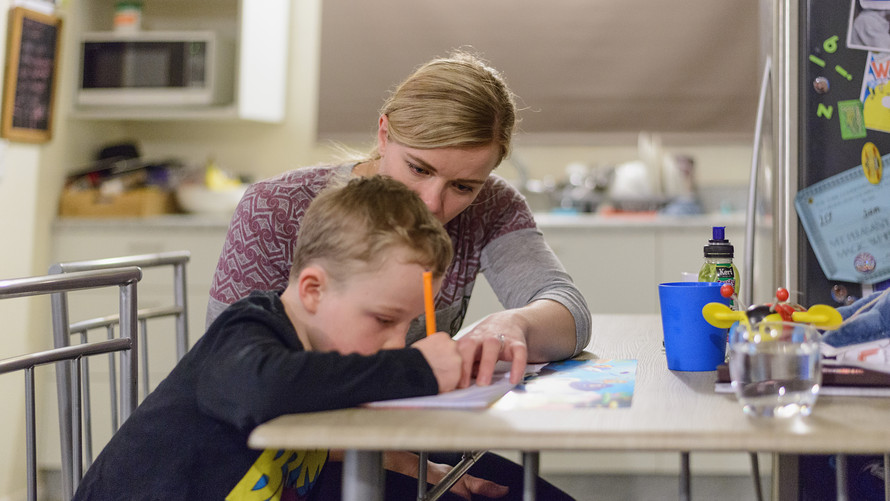
Signs of isolation
What indicates increased isolation in a child?
- Poor adaptation in a new team (kindergarten, school). The kid does not get acquainted with the members of the team, does not seek at least to know their names. During group games, he prefers to take the position of an observer, sits with a gadget or a book, immerses himself in another type of activity.
- The child does not talk much. His voice noticeably changes: it becomes quiet, there are clamps, difficulties with the formulation of thoughts.
- The child has no friends. Even short-term friendly contacts are limited. There are no close relationships: the baby does not talk about it, does not share his impressions and demonstrates indifference to the topic of communication with peers.
- The child has no personal point of view. If it is required to voice an opinion during classes, the baby is reluctant to come up with it or inertly agrees with the generally accepted position.
 Nothing worries him, he is indifferent even to controversial issues that concern his life.
Nothing worries him, he is indifferent even to controversial issues that concern his life. - Introverted children are touchy, sentimental, easily brought to tears. The slightest trouble is taken to heart: the loss of a favorite toy, a sudden change of plans can ruin the mood for the whole day.
Also, isolation manifests itself physically: the child's sleep pattern is disturbed, pain in the head and muscles occurs without objective reasons. The gait is characterized by uncertainty, instability. Children hide their hands in their pockets, try not to swing them when walking.
Differences between closedness and shyness
Parents make a common mistake by equating reticence and shyness.
Shy children are drawn to their peers, but do not understand how to make contact. But closed kids do not strive for friendship, joint pastime: they isolate themselves.
What do reserved and shy children have in common?
- Wary of strangers.
The child reacts with caution if a person tries to get close, get to know each other.
- As a result - a high level of anxiety, which manifests itself in other areas of life.
- They don't like to change old habits. When an event occurs that changes the old way of life (studying at school, moving), the child cannot adapt for a long time.
You need to learn to distinguish between isolation and shyness. Let's see what causes the emergence of isolation and how this quality manifests itself in life.
Emotional intelligence for children
We introduce children to the types of emotions, how to manage them and how to express themselves in teamwork, through situational games
learn more
Causes of withdrawal in children
Here are the most common reasons that subsequently lead to withdrawal in children.
- Lack of communication with parents . Sometimes adults, immersed in work and everyday problems, forget to be interested in the affairs of the baby.
This creates a persistent feeling of uselessness, and the children withdraw into themselves so as not to disturb family members with stories - why try if no one is interested?
- Problems within the family circle . Watching the parents squabble, the child feels so bad that he runs away into the inner world.
- Parental perfectionism . Making excessive demands on the child, you increase the psychological burden: the baby accepts the rules of the game and tries to please, but then patience ends - it's easier to ignore parents than to live up to unattainable ideals.
- Strong emotional shock . With the help of isolation, children experience fear (death, loss, betrayal), fear (natural phenomena, people, animals frighten). Also, the cause can be emotional and physical abuse, bullying. Teenagers and adults also use a similar defense mechanism.
- Diseases . If a child has health problems, it is not surprising that he becomes more secretive, withdrawn, does not want to make his feelings public.
 He needs inner strength to survive a difficult period.
He needs inner strength to survive a difficult period. - Mental disorders caused by past trauma.
It is worth sounding the alarm if the child's isolation begins to affect academic performance at school or kindergarten - classes in the humanities and extracurricular activities will quickly reveal the problem. It will be difficult for a child to read and retell texts, compose, improvise.
What to do if the child is withdrawn
- Children who withdraw into themselves need additional emotional support (especially in crowded places where they feel uncomfortable). In the crowd, parents should pay attention to the child: often hold the hand, ask distracting questions, tell something funny. If the child looks confused, do not leave him alone.
- Help your child include new friends in his social circle. Visit playgrounds, clubs of interest. Talk to other parents to help your child connect. However, do not force to communicate against your will - this can worsen the situation.

- Choose reading-aloud stories that feature a lot of informal dialogue between characters. The child will learn new patterns for dialogues with peers, work on communication skills. Home theater, rehearsals with replicas of heroes will also help.
- Become the initiator of a conversation with strangers more often - in a museum, kindergarten, shopping centers. The child needs to get used to the idea that contact with people can be easy and pleasant.
- Put your gadgets aside. The child may not feel the need to communicate because from early childhood he watched how family members spend time apart, doing their own business on the Internet. It is worth adding more live communication on weekdays: for example, discuss with the baby at a family dinner what he is going to do tomorrow, what worries him.
Games and exercises to overcome withdrawal
Games can be a useful tool in psychotherapy. Parents do not need to have special knowledge to change the child's behavior during play activities.
Preschoolers and younger students respond particularly well to the introduction of such exercises.
"What can you answer?"
Sometimes isolation is directly related to a lack of experience in communication in society or poor imagination: in order to appropriately insert remarks into a conversation, both components are required. By developing intelligence with your child, you will help him feel relaxed during a dialogue with strangers.
Offer to imagine a non-standard, fantastic situation: a child is walking in the woods and suddenly meets a cartoon character, etc. Fairy-tale characters do not exist in reality, therefore it is easier to work with them - there is no barrier in the form of embarrassment, there is no social framework.
When the child gets used to it, move on to the next stage of fantasizing: think up an episode with real people (classmates, neighbors, distant relatives). The child is stuck in the elevator with the guys who live in your house.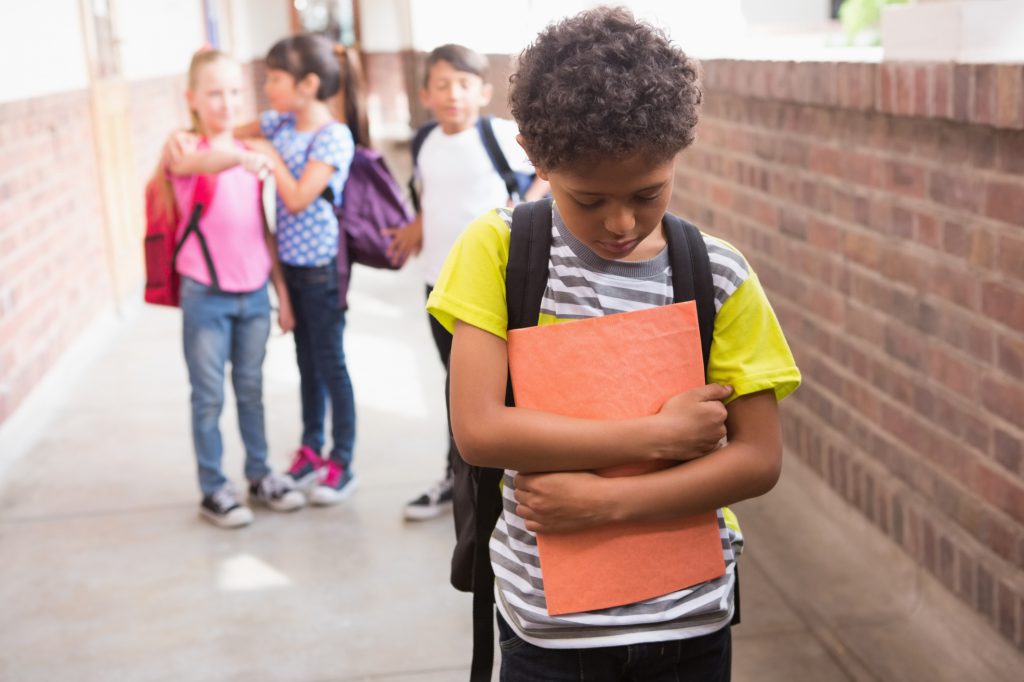 What will they do? What to talk about?
What will they do? What to talk about?
Actors
An exercise game suitable for the whole family. The bottom line: you need to collect a list of states and emotions, and then express them using facial expressions, body language.
What can be depicted? Feelings of confusion, coldness, fear, euphoria, joy… Let the child come up with new options that are more applicable to his daily life.
“Finish the phrase”
Build several syntactic constructions with a positive message: “I can…”, “Tomorrow I can…”, etc. The child has to complete the sentences with you. Such an exercise helps to believe in yourself, to present positive development scenarios.
Any contact games help: hide and seek, hide and seek. Fun, mobility are good helpers in the fight against isolation.
A closed child: advice from psychologists to parents
Faced with a child's withdrawal, start acting immediately. A defensive reaction is associated with a painful experience in the past, and trauma can poison the life of a baby if not dealt with in time.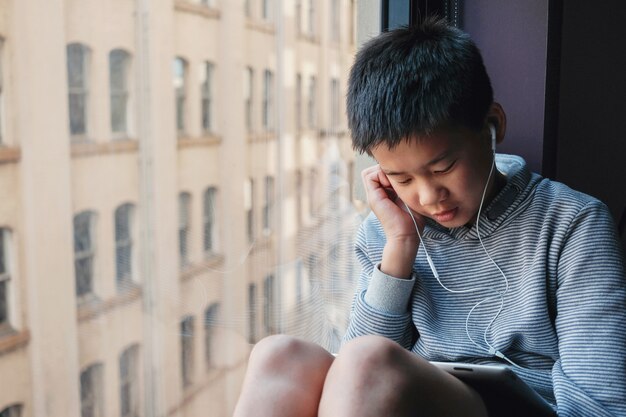
- Forever eliminate physical punishment from the methods of education, if you allowed yourself to do it.
- Speak to children in a calm, welcoming tone without raising your voice. Screaming from parents forces children to look for a safe state that would help them survive adult aggression. That is why babies become closed, taciturn.
- Try to criticize the baby's actions less - switch to successes and achievements. The fear of not pleasing mom and dad again forces the child to be passive, not to take the initiative.
- Conflicts within the family affect children more than adults realize. Quarrels between spouses have a negative impact on the state of the child's psyche: the world begins to seem hostile and unreliable, the ideal image of parents that exists in the mind of the baby is destroyed. Try to sort things out without witnesses.
- Severe psychological trauma (death or illness of a loved one, accident, violence) is a reason to contact a child psychologist.

- Teach your child to speak aloud about experiences that haunt him. Voicing feelings, choosing the right words is an important skill that makes life easier. Keep up dialogues about it: “What happened? What do you feel? How can we help you?"
Much depends on the temperament of the child. Phlegmatic people, for example, organically feel alone. Solitude does not cause destructive emotions and does not mask the thirst for communication. In this case, let the child choose their own hobbies, friends, and leisure activities. Do not push the baby to get closer to others - he will decide when it is necessary.
With age, the way of communication with the world changes, so a closed, reserved child may well become more sociable in the near future - you just need to find the cause of isolation and eliminate it.
Thinking Simulator
The Simulator is a database of 4,000 tasks designed specifically to develop the thinking skills of students in grades 1-4. AMAkids 9 Academy Articles0001
AMAkids 9 Academy Articles0001
All people are different, and so are children. Some easily get acquainted with other children, easily start a conversation, start playing and having fun. And it is difficult for others to open up even to their own parents, let alone to strangers. Therefore, it is very important to know what to do if the child is closed.
In the 21st century of digital progress, real communication is increasingly being replaced by virtual one. Because of this, communication skills disappear, children stop using the rules of behavior in society. In the evenings, parents and older brothers or sisters sit down at a laptop, tablet or phone. It is not surprising that in such conditions children become withdrawn. On a subconscious level, the baby begins to think that live communication is not so necessary for him. But the day will come when you have to go to school, to university, look for friends, build a family.
In addition, a withdrawn child may painfully react to stressful stories in life, which, as you know, will be many. Sometimes isolation turns into serious complexes. And the goal of mom and dad is to save their child from isolation, to help him learn to contact with the whole world.
Sometimes isolation turns into serious complexes. And the goal of mom and dad is to save their child from isolation, to help him learn to contact with the whole world.
Closeness should not be considered a disease. This is a protective reaction of the child, with the help of which he is protected from life's negativity. Often this quality is acquired with age. Sometimes parents ask why the child is closed? The answer lies in the influence of external factors: methods of education, family environment, conflicts with peers.
You should not confuse reticence with shyness. They have a lot in common:
- such children look and talk with apprehension with unfamiliar people;
- they react negatively to any changes in their lives;
- their mood often changes, they are restless.
But at the same time, you need to know how reserved children differ from shy ones. The latter, in spite of everything, want to communicate and get upset when they fail.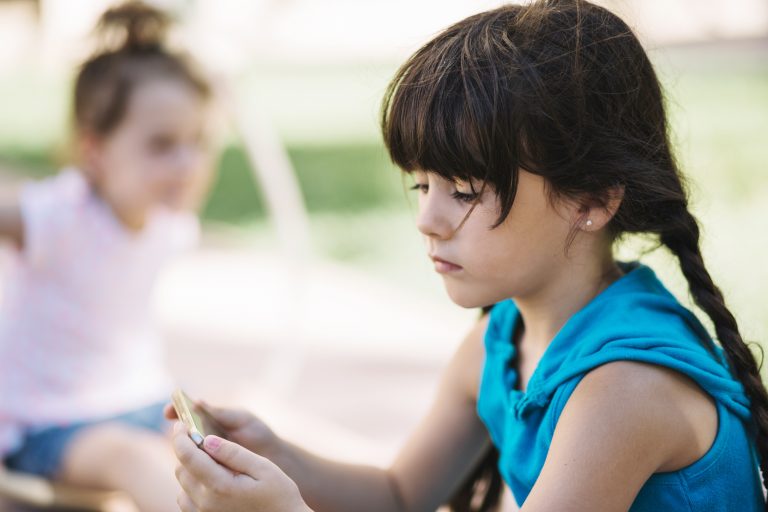 A kid who lives in his little world is not inclined to talk, because he does not know why he needs this and how this process takes place. A shy kid needs to be taught communication, and a closed one needs to be stimulated to it. The child himself must want to contact with others, otherwise not a single psychologist will help him.
A kid who lives in his little world is not inclined to talk, because he does not know why he needs this and how this process takes place. A shy kid needs to be taught communication, and a closed one needs to be stimulated to it. The child himself must want to contact with others, otherwise not a single psychologist will help him.
Signs of withdrawal
- The child rarely communicates or is silent at all. If he addresses someone, he does it very quietly.
- The child does not adapt well to new people (in kindergarten, first grade, children on the playground). He stays away from other children and just watches them.
- He has no personal opinion. He either agrees with others, or is generally silent.
- The son or daughter has no friends, comrades, acquaintances. And if there is, then he communicates with them on exceptional occasions.
- The child has incomprehensible hobbies.
- The baby has learning problems.
 Most often, difficulties arise with those subjects where communication skills are required.
Most often, difficulties arise with those subjects where communication skills are required. - Son or daughter often cries. For any difficulty, such children have one reaction - tears.
The origin of withdrawal
- If a son or daughter is often sick, this can affect his mental health. Such children can withdraw because they are constantly in the hospital or at home, they simply do not have the experience of communicating with their peers.
- If your baby is phlegmatic, then this quality will be characteristic of him from birth. In this case, you will have to put up with a share of isolation.
- Insufficient number of conversations in the family. This can happen in two cases: if the baby has no brothers and sisters, or if mom and dad spend little time with him.
- Strict upbringing. If adults make very high demands on their son or daughter, expect too much miracles from him, and the child does not live up to their expectations, then he may withdraw into himself because of this.
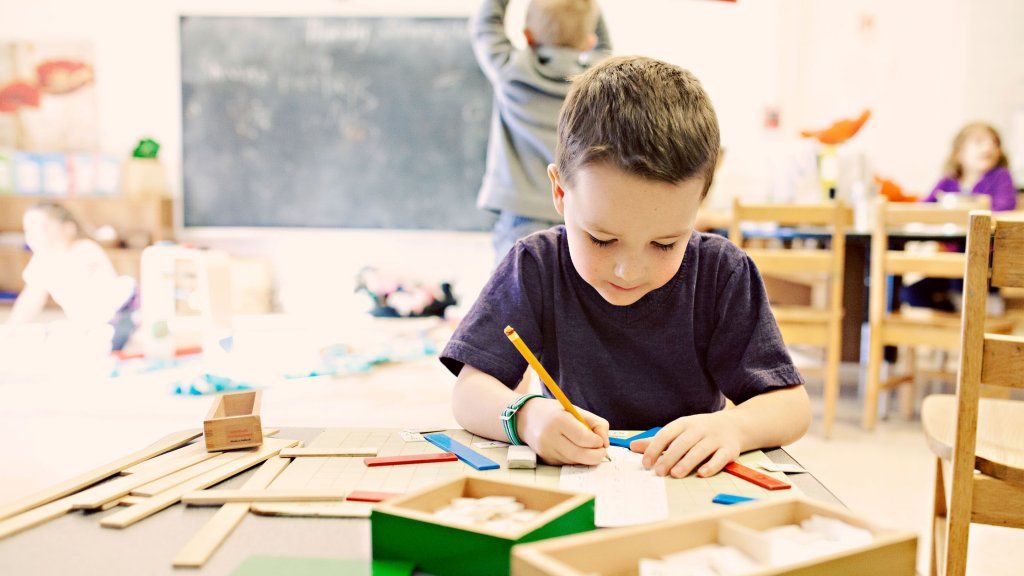
- Mental trauma. The baby can withdraw into himself due to severe stress. This may be the death of a loved one or a pet, constant scandals in the family, or the divorce of mom and dad.
- If parents are constantly dissatisfied with the actions of the baby, then he may become unbalanced. It also encourages closure.
Parenting activities
- Make new acquaintances for him. Take for a walk to the playground, to the sports section or to the creative circle. Of course, the baby will not immediately talk to everyone, everything needs patience. But then he will learn to communicate with peers.
- Touch the baby. Being in an unfamiliar place and among people unknown to him, the child needs to feel safe. You can help him with this if you take his hand, hug him, kiss him.
- Teach your son or daughter to express their emotions in words. If you see that the child is sad, do not pass by. Ask him what's the matter, why he is sad.

Learn more

